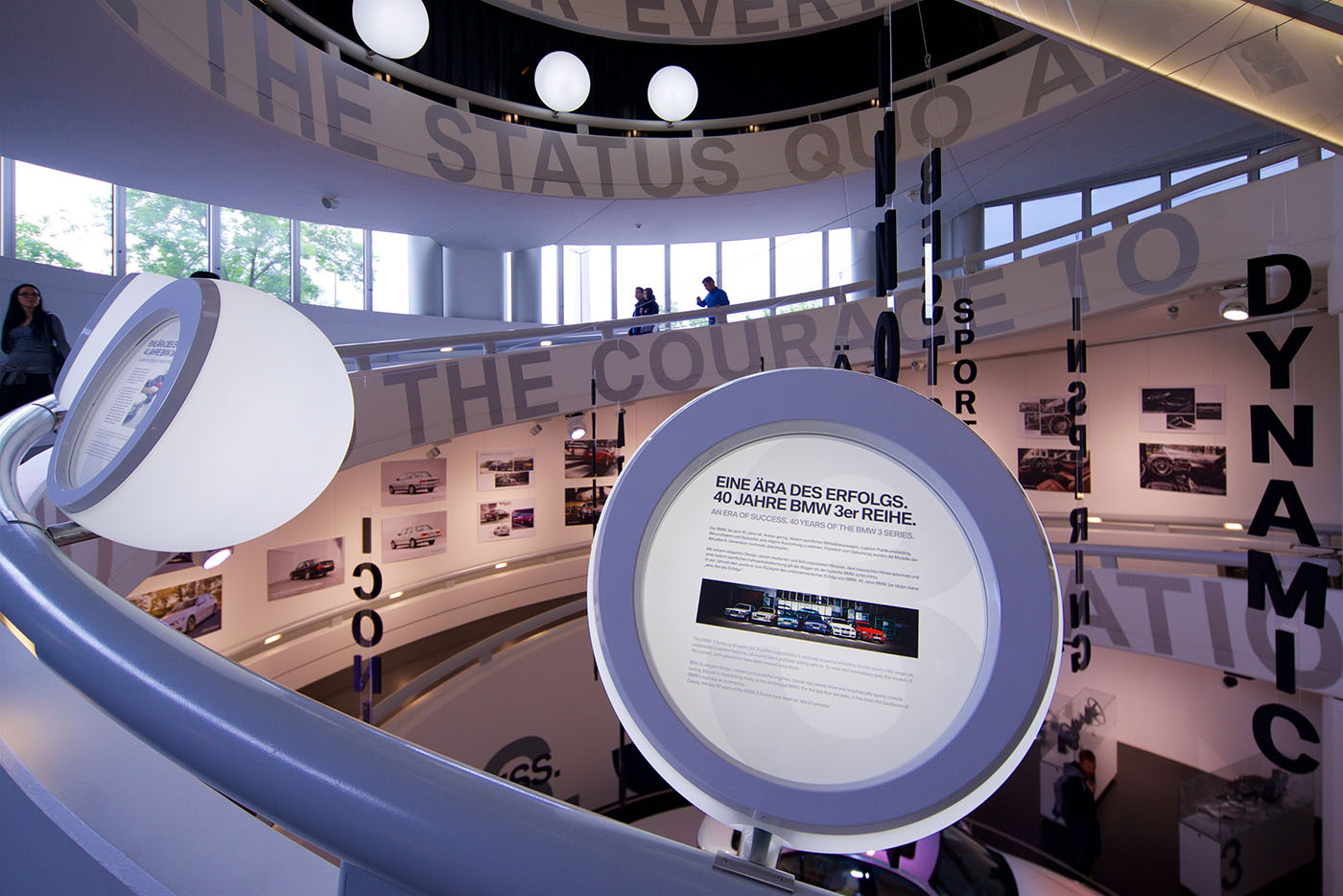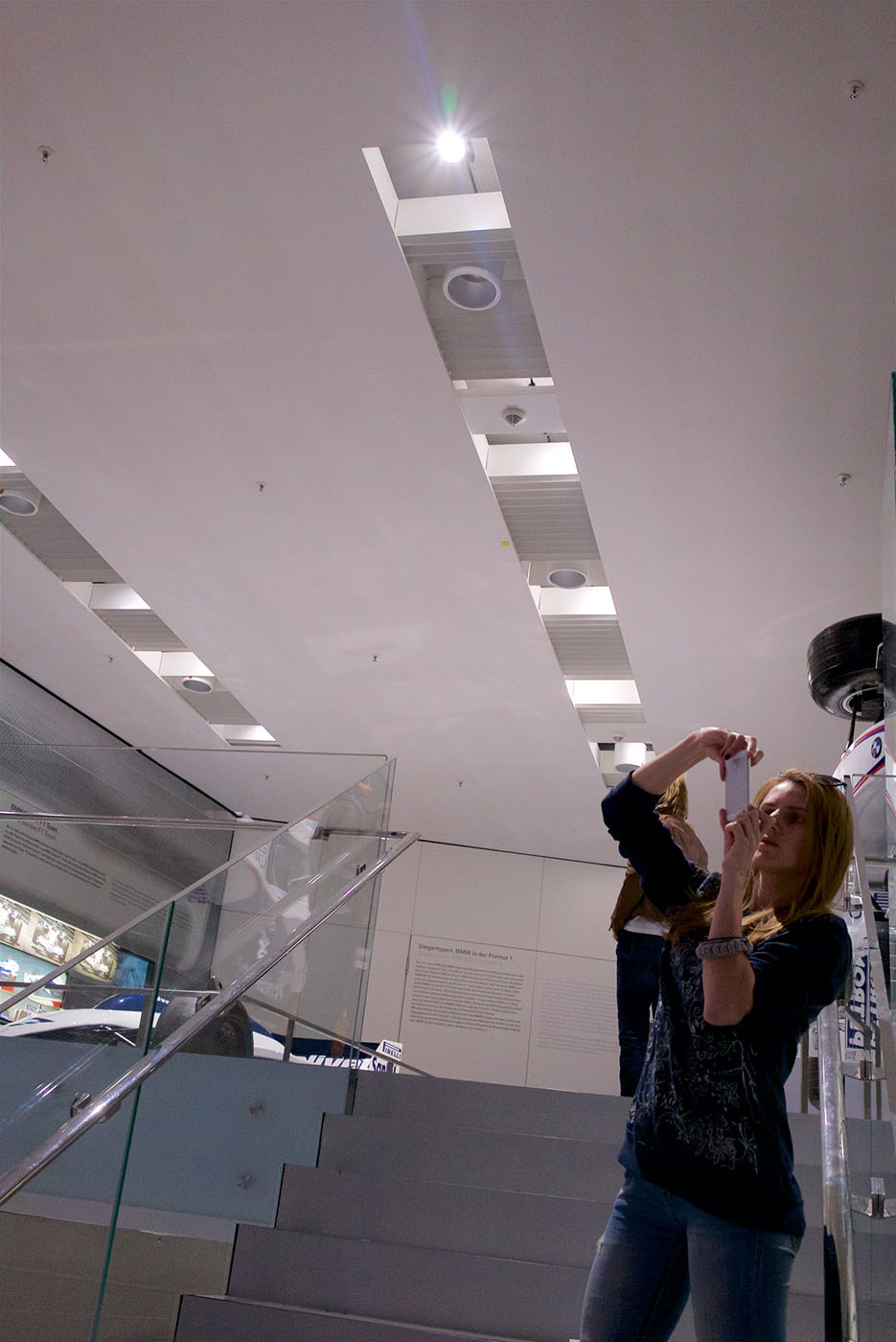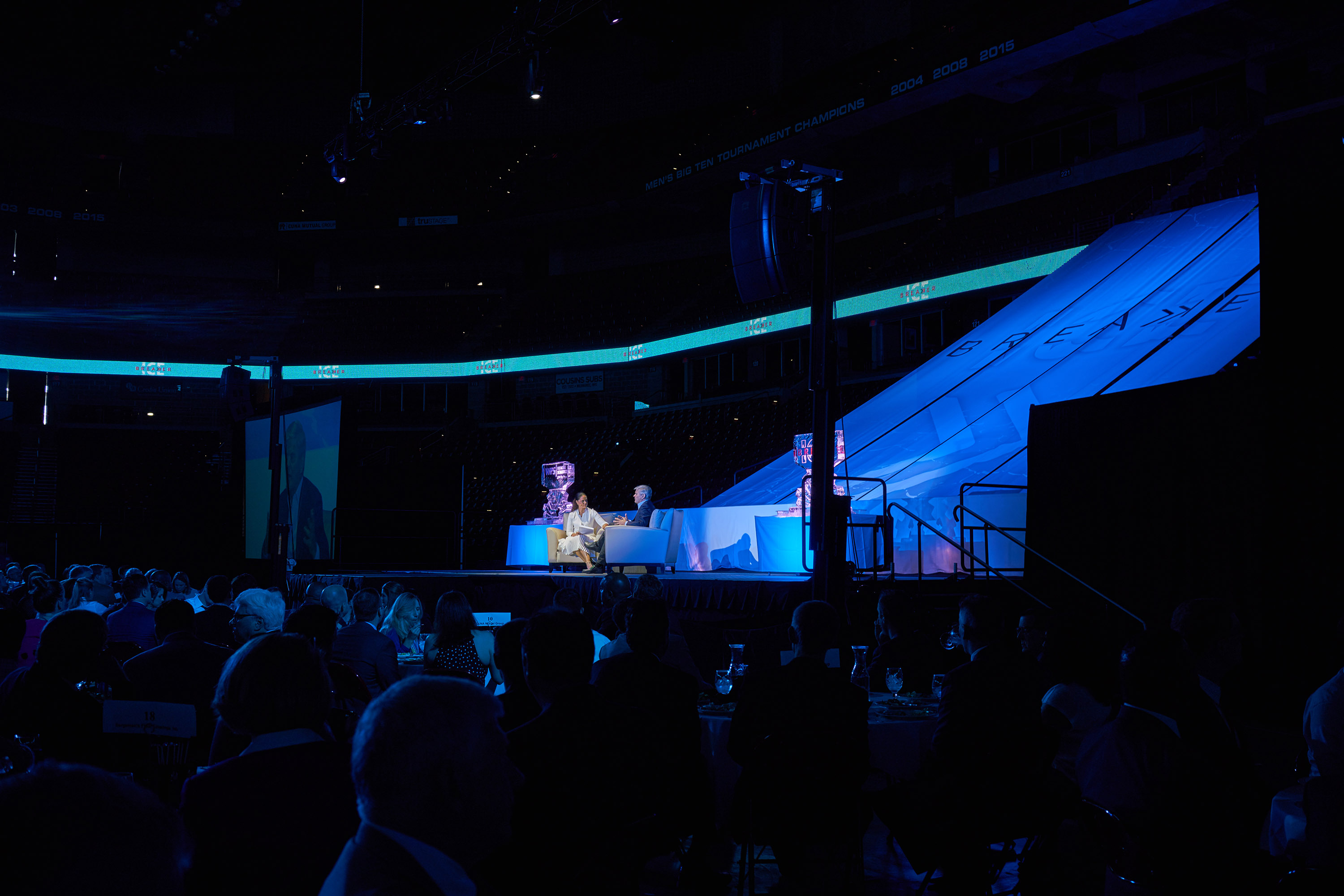



In the 1980s, Erik Sandberg-Diment was a household name in Silicon Valley.
He had what was at the time a radical gig at The New York Times, or any other mainstream publication for that matter. He was a software and technology columnist, and wrote weekly reviews and reflections about the burgeoning personal computing industry. It was an era when terms like “pixels,” “megabytes,” and “floppy disks” earned painstaking explanations, and printers came with sound shields because they were so noisy.
In the medieval period, empires battled and colluded with each other in the quest for land. The resulting system, in which nations became the main actors on the global stage, is perhaps the one most of us know best. But it’s changing.
We’re now moving toward a new era where insular, political boundaries are no longer as relevant. More and more people are identifying as “global citizens,” and that’s because we’re all more connected than we’ve ever been before. As a result, a “systems change” is taking place in the world today in which cities—not nations—are the key global players, argues Parag Khanna in his new book, Connectography: Mapping the Future of the Global Civilization. In it, Khanna, who is a global strategist and world traveler, writes:
A beautiful church.
Minivan’s (!) greeted visitors to BMW’s Welt (Munich) on a somewhat chilly May (2015) day. The aesthetics, cars and vibe were worth the S-Bahn to U3 journey.
Enjoy the images.




















BMW Welt visitor information.
BMW’s minivan, or “2 series active tourer”.
* I apologize for the panoramic image errors. I am trying to improve my handheld technique. My cup runneth over – My Verse app.
One morning last month a man sat down at his computer and ordered $4,000 worth of pencils designed to look like John Steinbeck’s favorite, the Blackwing 24.
“It’s probably the most iconic pencil ever made in America,” says Caroline Weaver, whose shop on New York’s Lower East Side, C.W. Pencil Enterprise, took the order of 1,920 pencils. C.W. carries more than 200 types of pencils, including the Blackwing (also favored by Walt Disney), as well as a dozen erasers and sharpeners, and zero mechanicals.
Over the last few years solar PV has got cheap. Cheap enough to start impacting some commodity energy markets today. Cheap enough that with continued progress, but no breakthroughs, it might alter the global outlook for energy supply within a decade.
I have long been skeptical of solar hype. In 2008 we did an expert judgment exercise suggesting only even odds of getting to module prices of 0.3 $/W in 2030. In 2011 we did some analysis showing how the power-law learning curve for modules appeared to be flattening. That analysis was done at the end of a decade that saw big increases in installed capacity, with little corresponding change in module prices. The solar market was driven by incentives, like tax credits and feed-in tariffs that drove rooftop solar seem systems which are (arguably) little more than green bling for the wealthy. I worried that deployment incentives (global total amounting to many hundreds of billions of dollars over the past decade) would simply lock in the current technologies and do little to drive the breakthroughs that were needed to get solar cheap enough to compete for commodity power.





O’Brien and Case were the featured guests at a chamber event today. I provided a bit of history on AOL to the younger guests….
A nearby friend wondered why O’Brien did not run for President. Case seems to be a man blessed with the gift of persistence.
Turning right or left, I never know where one encounters the presence of God.
Just a few days ago, while picking up a few items at a delightful deli, a spry and stylish woman hugged the nearby proprietor and said “I keep praying to God that it is time to take me, so that I can be with my husband”. “I am now 90”. (didn’t look it).
“My daughter recently put together a surprise birthday party. Grandchildren and neighbors were all in the know.” “It was so much fun. It was a blessing. But, I miss my husband.”
More hugs.
Amidst bunny destruction, one tulip somehow persevered.
